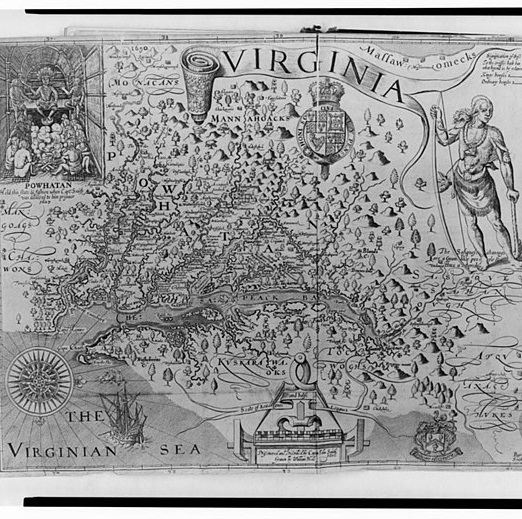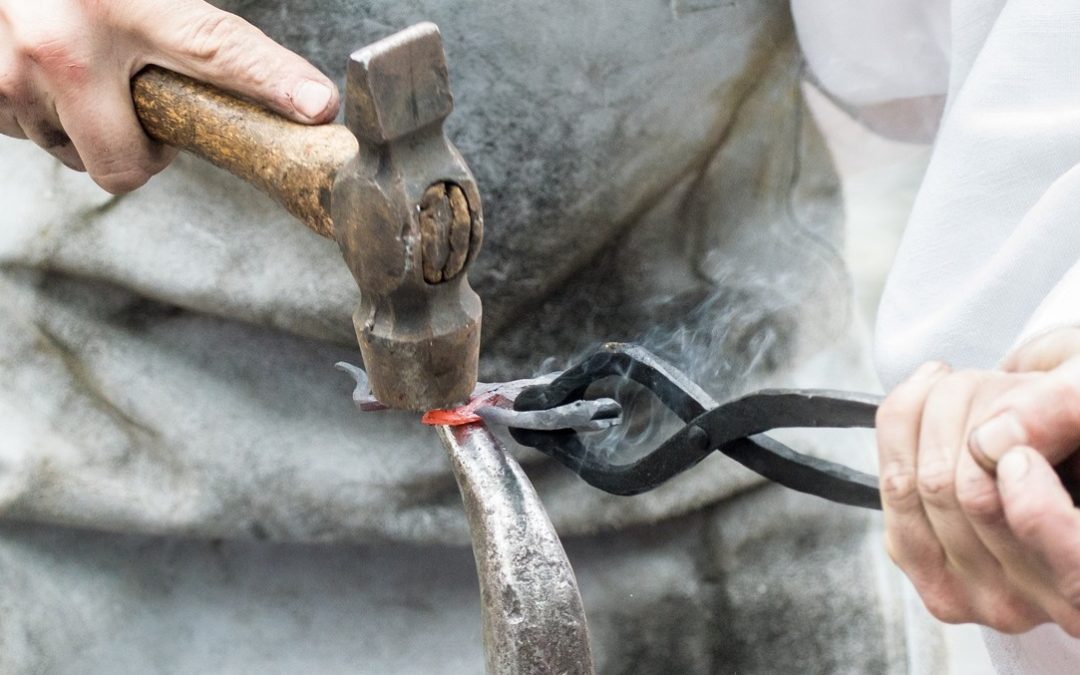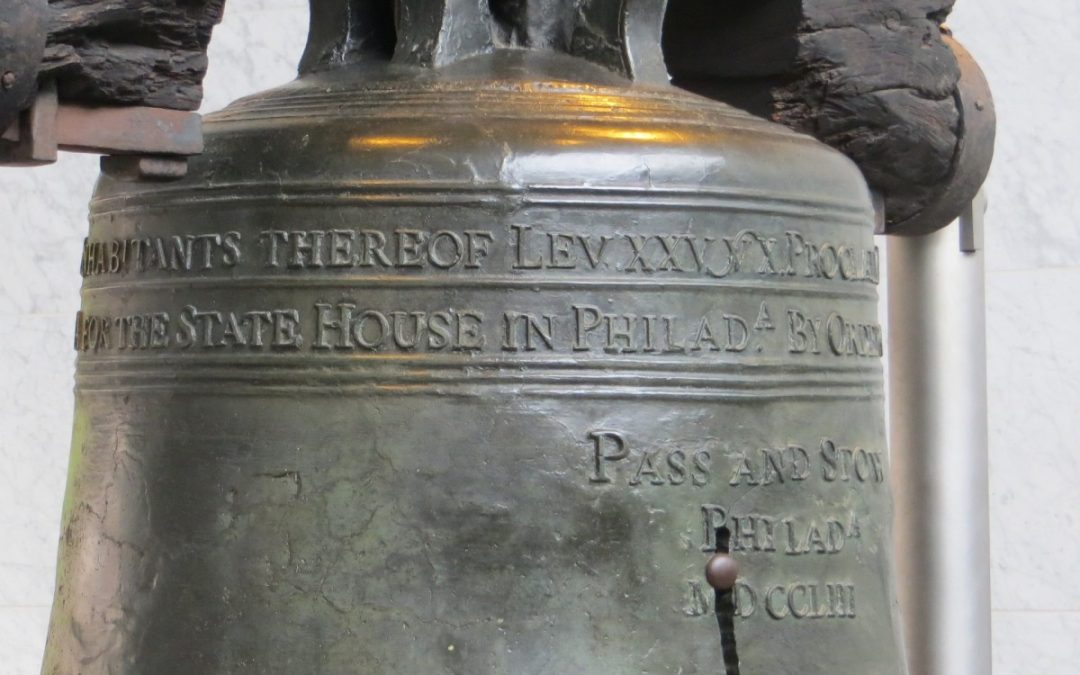
by Richard Subber | May 30, 2022 | Human Nature, My poetry, Poetry
…Becky and the baby are waiting…
A man’s job
I won’t sell my trees.
The balsams would go quickly
at “cut your own” prices,
but I tell my neighbors, again this year,
there will be no cutting
on this old slope that spills down
to my little barn.
Day is darkening,
and I move among my trees.
This one, bent and broken
in last winter’s snows,
has grown,
the birds of spring may nest
in its green spaces…
and now, from below,
the boy climbs to me, his head down,
his father’s axe in hand,
he has changed since his father died,
he tries to do a man’s work,
he will have little time
for baseball with the other boys.
“I told Momma I would find a tree,
to make a Christmas for Becky and the baby.”
So.
He holds his axe in both hands,
and he stands straight in my field.
I extend my arm.
“Go find a good one,
I can help you carry it home.”
December 1, 2018
My poem “A man’s job” was published in my third collection of 64 poems, In other words: Poems for your eyes and ears. You can buy it on Amazon (paperback and Kindle), or get it free in Kindle Unlimited, search Amazon for “Richard Carl Subber”
* * * * * *
My poetry. Copyright © Richard Carl Subber 2022 All rights reserved.
Book review: Shantung Compound
They didn’t care much
about each other…
by Langdon Gilkey
–
Seeing far: Selected poems with 47 free verse and haiku poems,
and the rest of my poetry books are for sale on Amazon (paperback and Kindle)
and free in Kindle Unlimited, search Amazon for “Richard Carl Subber”
Your comments are welcome—tell me what you’re thinking.
* * * * * *

by Richard Subber | May 27, 2022 | American history, History, World history
time and place, you got it…
“As geography without history
seems a carcass without motion,
so history without geography
wandereth as a vagrant without a certain habitation.”
Captain John Smith (b1579-1580, d1631) He explored the Chesapeake Bay in 1607 I expect that my good friend Dr. Don will take a moment to reflect on Capt. Smith’s observation. Maybe it’s not as exciting as a football game, but it’s a meaty precept for historians and wannabe historians, like me.
* * * * * *
Copyright © Richard Carl Subber 2022 All rights reserved.
The Reader (Der Vorleser)
Not just a rehash of WWII…
by Bernhard Schlink
–
My first name was rain: A dreamery of poems with 53 free verse and haiku poems,
and the rest of my poetry books are for sale on Amazon (paperback and Kindle)
and free in Kindle Unlimited, search Amazon for “Richard Carl Subber”
* * * * * *

by Richard Subber | May 23, 2022 | American history, Book reviews, Books, Democracy, History, Politics, Power and inequality, Revolutionary War
ordinary folks had a lot to do with it…
Book review:
The Urban Crucible:
Social Change, Political Consciousness,
and the Origins of the American Revolution
by Gary B. Nash
Cambridge, MA: Harvard University Press, 1979
The Urban Crucible is a densely researched and fully explored comparative history of the economic, social, and political environments in Boston, New York, and Philadelphia during the late 17th and early 18th centuries.
Here’s my hint: there was more well-informed “mob” action than you have read about in other histories.
The early colonial experiences in the three principal seaport towns are vividly contrasted and authoritatively explained. Nash candidly digs deep and deeper into a wide range of primary sources. The sins and the heroics of the leadership elite and the “leather apron” artisans and the anonymous working poor are examined in profoundly realistic historical context.
You can’t read The Urban Crucible and not learn a lot.
* * * * * *
Book review. Copyright © Richard Carl Subber 2022 All rights reserved.
Is the public interested in public interest news?
Isn’t news the new stuff you suddenly want to know?
–
As with another eye: Poems of exactitude with 55 free verse and haiku poems,
and the rest of my poetry books are for sale on Amazon (paperback and Kindle)
and free in Kindle Unlimited, search Amazon for “Richard Carl Subber”
* * * * * *

by Richard Subber | May 18, 2022 | Book reviews, Books, History, Joys of reading, Language
“…I feel a goneness…
Book review:
Golden Tales of New England
May Lamberton Becker, ed.
New York: Bonanza Books, 1931
378 pages
Writers used a different kind of language to create feel-good stories in the 19th century. In Golden Tales of New England, May Becker selected a feel-good sample of 17 of them.
You’ll recognize some of the authors: Hawthorne, Thoreau, Louisa Alcott, Oliver Wendell Holmes, Harriet Beecher Stowe…
The other writers might be new for you, as they are for me, like the offering of Rose Terry Cooke (1827-1892), “A Town Mouse and a Country Mouse.” It’s an authentic, ample exhibition of New England patois and sturdy New England character. Meet “Mandy” and “M’lindy,” two aging sisters who were born Amanda and Melinda, and who were fated to share their living, mostly at a distance but, in the end, so inescapably together.
Here’s Amanda sadly recounting her sister’s death: “I guess I’ve got through…[Melinda] went an’ married that old Parker, an’ then she up and died. I wish’t I’d ha’ stayed with her longer; mabbe she wouldn’t have died. She wa’n’t old; not nigh so old as I be…I feel a goneness that I never had ketch hold o’ me before…”
Doesn’t that passage pluck at your heartstrings?
Hawthorne’s “Old Esther Dudley” is a dainty adoration of a venerable lady who never gave up being a Tory during the Revolutionary War, and persisted in being the almost ghostly guardian of Province House in Boston after the British departed.
The other Golden Tales are equally exotic morsels of what entertained the citizens of the Republic long before television and Twitter.
Try some of them.
* * * * * *
Book review. Copyright © Richard Carl Subber 2022 All rights reserved.
-30- The Collapse of the Great American Newspaper
bad news about the news (book review)
–
In other words: Poems for your eyes and ears with 64 free verse and haiku poems,
and the rest of my poetry books are for sale on Amazon (paperback and Kindle)
and free in Kindle Unlimited, search Amazon for “Richard Carl Subber”
* * * * * *

by Richard Subber | May 13, 2022 | American history, Book reviews, Books, History, Revolutionary War
It’s historical, but it’s not history…
Book review:
The Liberty Bell
by Gary B. Nash
New Haven, CT: Yale University Press, 2010
The Liberty Bell is lavishly detailed, and it’s a quick read. Give it a try.
Much of what you “know” about the Liberty Bell isn’t quite right. For starters, the dramatically cracked icon sitting in the Independence National Historical Park in Philadelphia isn’t the “real” bell ordered in 1752 by the Pennsylvania Provisional Assembly. The original bell cracked the first time it was rung, and it was melted and recast as the one-ton bell we now think of as “the” Liberty Bell. It was cracked in the middle of the 19th century. It doesn’t ring any more.
It wasn’t called the “Liberty Bell” until about 50 years after the Revolutionary War started, when it was “adopted” as an icon of freedom by anti-slavery advocates.
I remember seeing the Liberty Bell in Philadelphia in the 1950s when I was a child. I think the guards said nobody could touch it, but I think I put my finger on it when they weren’t looking.
* * * * * *
Book review. Copyright © Richard Carl Subber 2022 All rights reserved.
Book review:
Clotel, or The President’s Daughter
by William Brown,
America’s first black novelist
–
Seeing far: Selected poems with 47 free verse and haiku poems,
and the rest of my poetry books are for sale on Amazon (paperback and Kindle)
and free in Kindle Unlimited, search Amazon for “Richard Carl Subber”
* * * * * *




